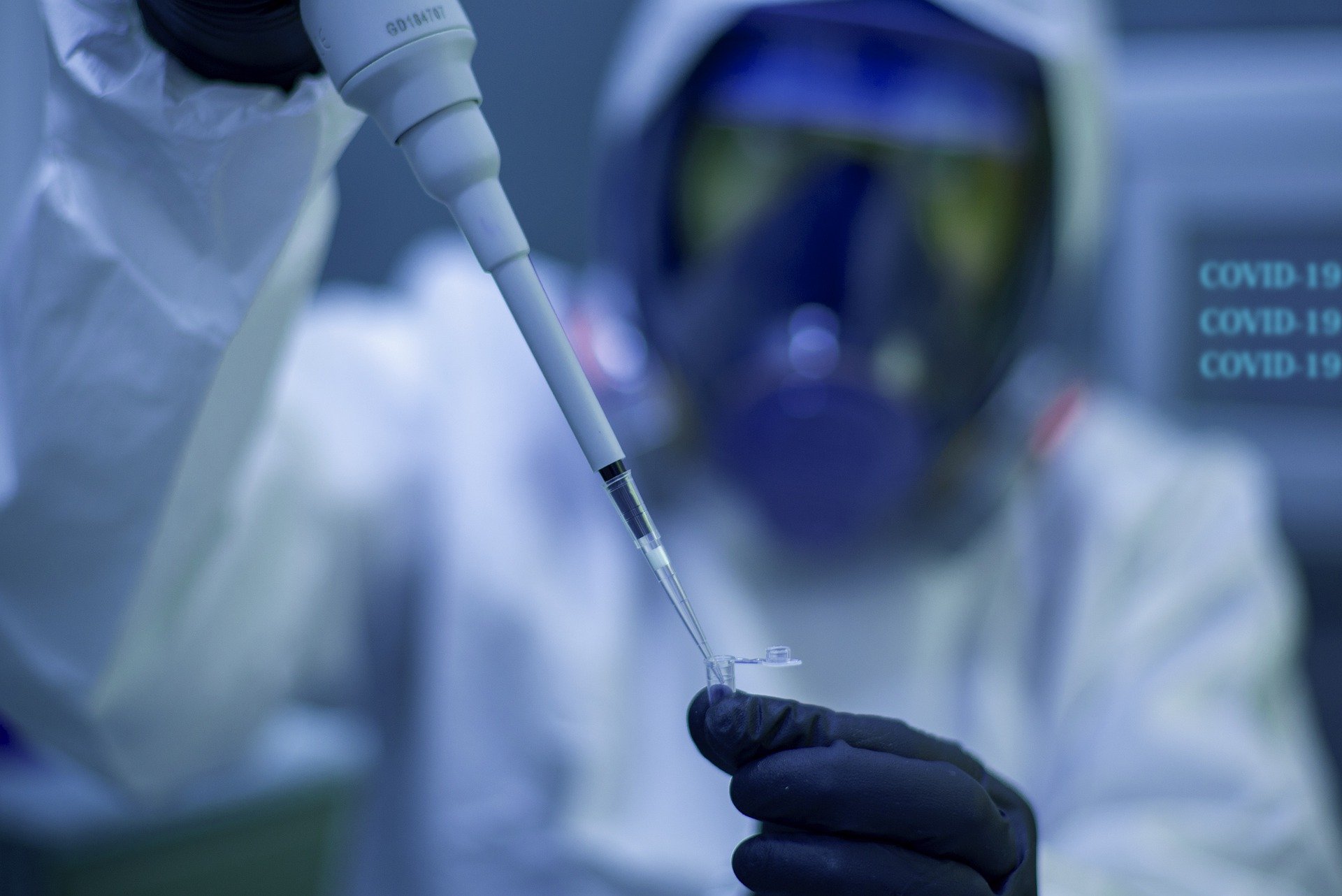Establishment of a COVID-19 collection within the Biobank of Infectious Diseases in Argentina
Abstract
The COVID-19 pandemic has driven an unprecedented health crisis. Cooperation between biomedical research and healthcare practice has been shown to be a fundamental requirement to provide an efficient and timely response. In this regard, biobanks are key components since they allow the storage of large volumes of biological samples with guaranteed optimum quality, harmonization and safety, ensuring ethical and legal requirements which protect citizen rights. The transfer of these samples to different research groups fosters the development of new diagnostic and therapeutic tools as well as vaccines. Upon SARS-CoV-2 arrival to Argentina, the Biobank of Infectious Diseases rapidly established the COVID-19 collection comprised by plasma, serum and peripheral blood mononuclear cells samples obtained from people within the acute phase of the infection or who have already recovered. In only 6 months, 825 donors were enrolled, representing around 14,000 vials of biological material stored and available to researchers who might require it. In this line, 6 transfer agreements have been already performed to different groups belonging to national research institutions, while 3 are under evaluation. The transferred samples have allowed, for instance, the development of nationally produced serologic kits, which shows that the rapid establishment of this collection, under an efficient management system, represents a highly valuable tool in the response to this new disease.
Downloads






